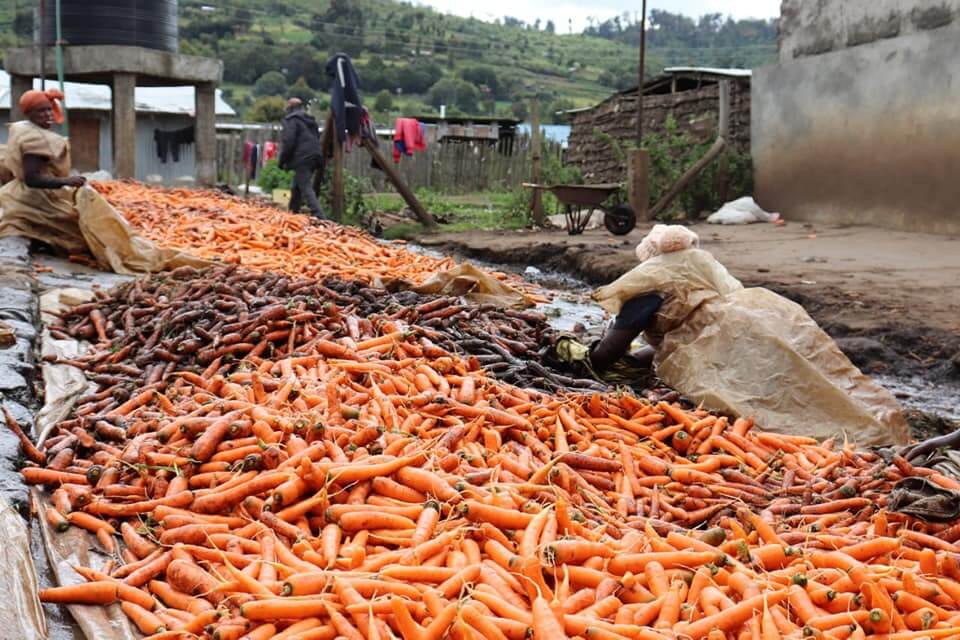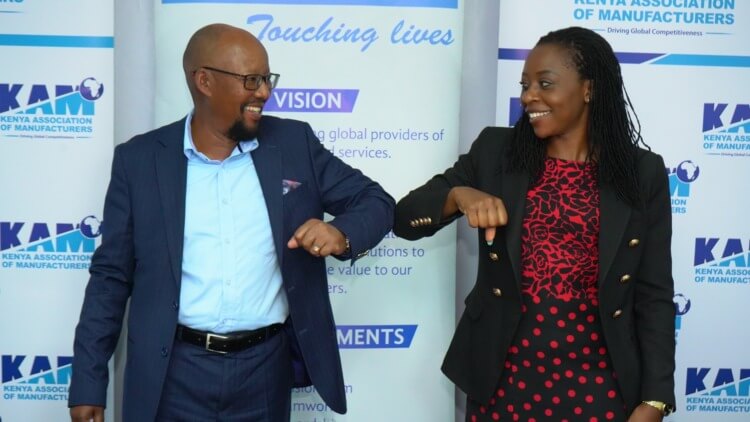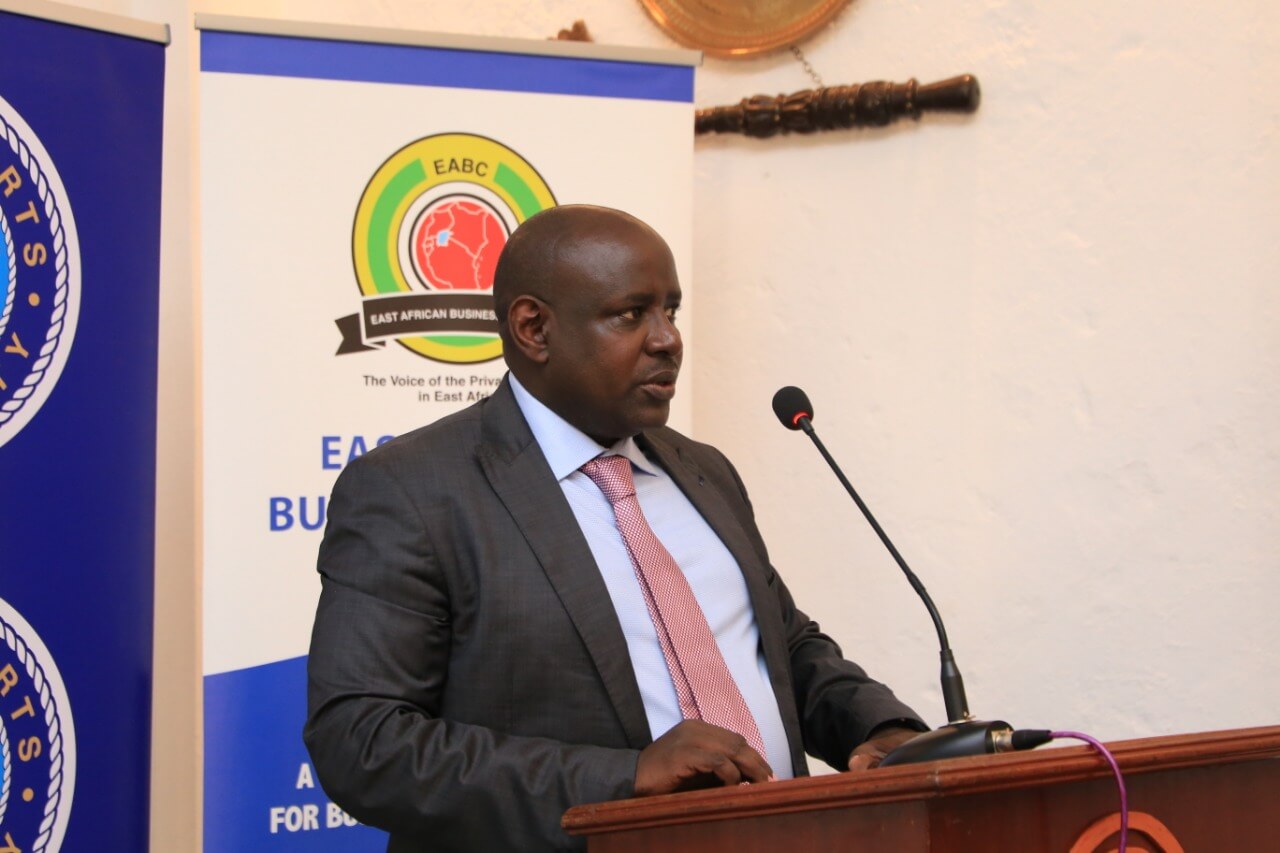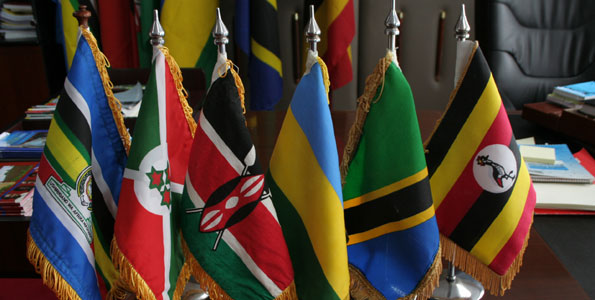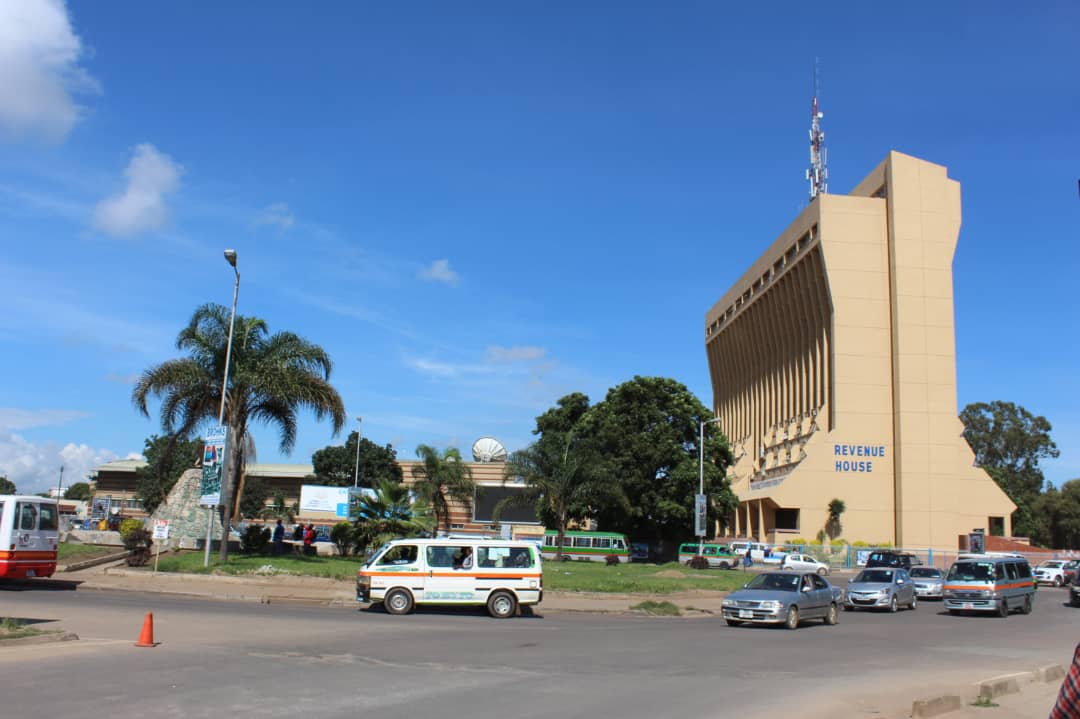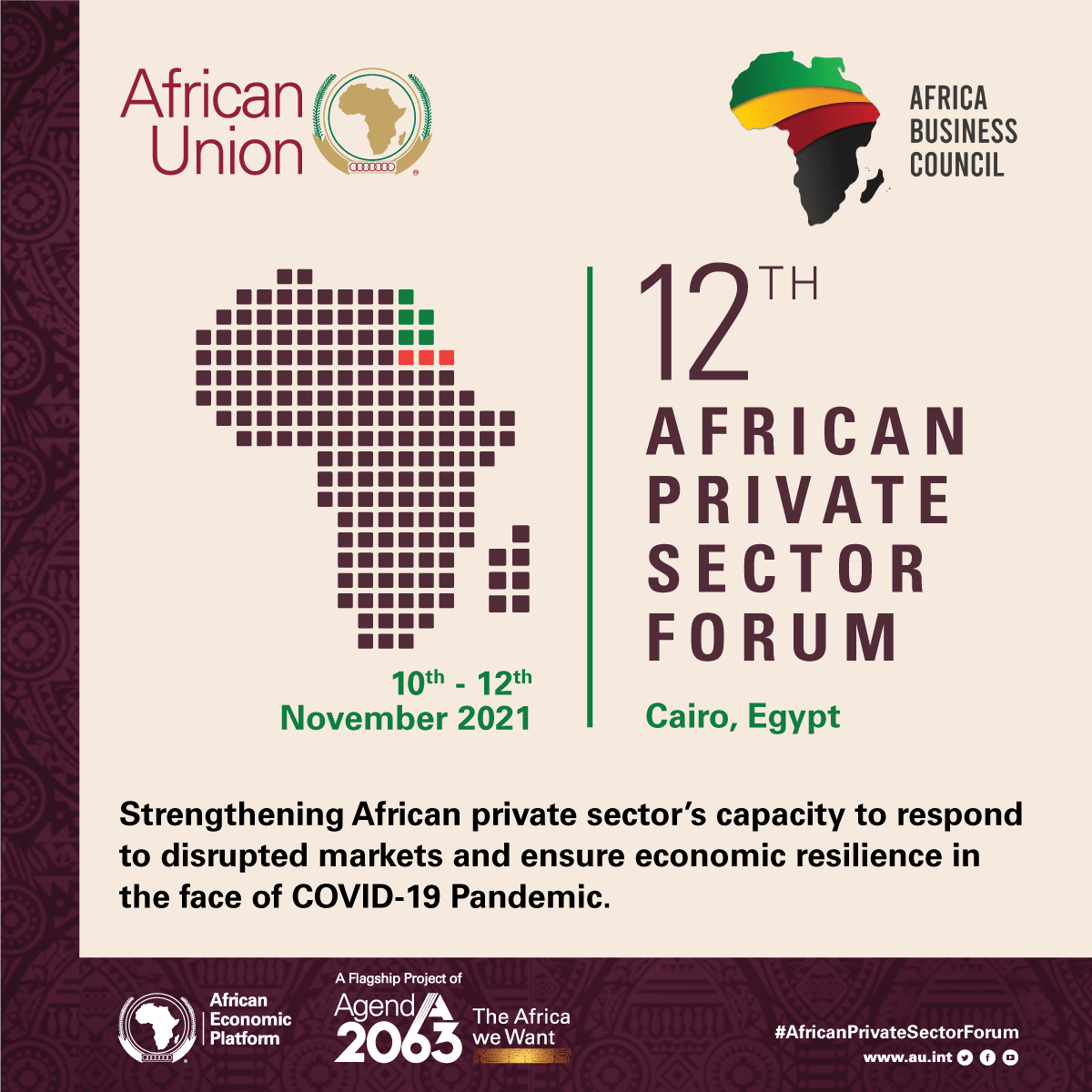Kenya Association of Manufacturers (KAM) has partnered with the Postal Corporation of Kenya (PCK), alias Posta, to tap into e-commerce business and intra-regional trade for its members. Speaking during the signing of the agreement, KAM’s CEO Phyllis Wakiaga said Posta’s network of more than 600 branches countrywide, and linkages with other postal organisations in the region would come in handy at a time when Africa is implementing the Africa free Continental Trade Area (AfCFTA). The partnership will see Posta offer same-day and overnight courier services, rider dedicated services, clearing and forwarding services to KAM and its members. The two parties also plan to implement programmes such as international courier services, direct mail marketing and training of KAM members on how to capitalise on the collaboration. In the new partnership, the two organisations will mobilise resources through training programmes, with a view to funding the operations and delivery of the objectives of the memorandum of understanding (MoU). The MoU will be implemented by a joint management committee that will be charged with coordination of collaborative activities, monitoring implementation of joint activities, and exploring emerging opportunities to deepen the partnership. Last month, the Postal Corporation of Kenya (Posta) received KSh72 million from Trade Mark East Africa (TMA), seeking to enhance its cross-border e-commerce deliveries. Under the deal, the Corporation says it intends to increase its capacity to process 10,000 packages daily to provide an efficient logistics and distribution platform for e-commerce entrepreneurs and customers. Read original article
Posta & KAM Ink Partnership Deal in the Wake of AfCFTA
Posted on: November 9, 2021
Posted on: November 9, 2021


